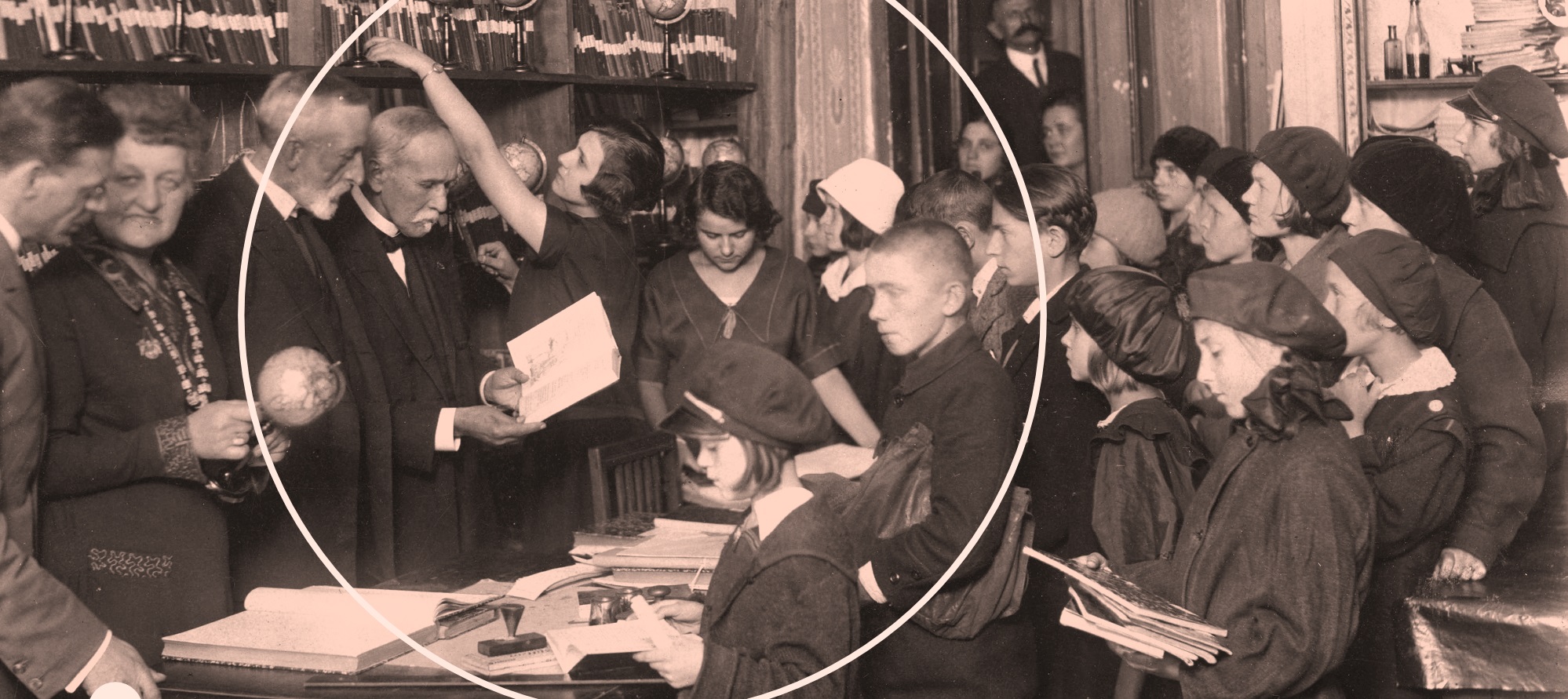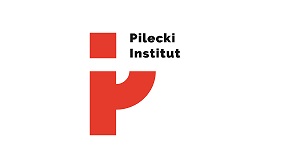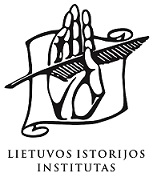The 2020 publication of the final volume of a transnational history textbook from the Polish-German series ‘Europe: Our History’ is an opportunity to reflect on many issues and ask many questions. A key one is: How have the authors and publishers presented the subject of the Second World War and its consequences? How have requirements for textbooks on contemporary history and expectations of students changed in the last 20 years? What are the preconditions for overcoming Second World War-related traumas and memory conflicts between nations through a history textbook dialogue? How can history lessons contribute to it and prevent “new” xenophobic and anti-Semitic attitudes? Similar problems and challenges also had to be faced by authors and publishers of transnational Franco-German or Japanese-South Korean-Chinese textbooks. The debate aims to reflect on how the start, course and end of the Second World War are presented in history teaching in various countries of Europe and Asia.
Speakers:
Dr. Emmanuelle Hébert, Catholic University of Louvain, Belgium
Dr. Wolfram Meyer zu Uptrupp
Prof. Akiyoshi Nishiyama, Kyoritsu Woman's University, Tokyo
Dr. Marcin Wiatr, Georg-Eckert-Institut – Leibniz-Institut für internationale Schulbuchforschung
Moderator:
Prof. Igor Kąkolewski, Centre for Historical Research of the Polish Academy of Sciences in Berlin
Organizers: Centre for Historical Research of the Polish Academy of Sciences in Berlin, European Network Remembrance and Solidarity, Pilecki Institute
Partners: Federal Institute for History and Culture of the Germans in Eastern Europe, Oldenburg, Georg-Eckert-Institut – Leibniz-Institut für internationale Schulbuchforschung, Lithuanian Institute of History
Register here
The debate takes place within the series of three debates entitled ‘When Did the Second World War Begin and When Did It End? In the Maze of European Politics and Culture of Memory’
See the whole series programme






